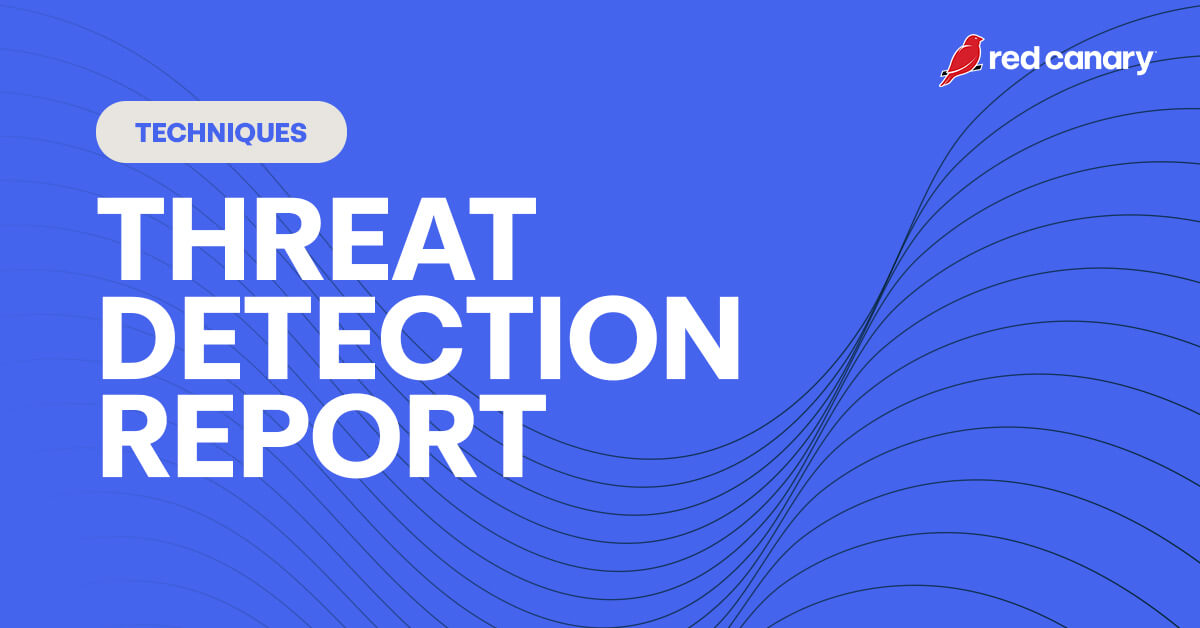Obfuscated Commands - Command Shell
Detecting obfuscation in the command shell is relatively straightforward, but there are a lot of variations to consider when you’re developing detection coverage. Of course, the process you’re looking for will always be cmd.exe, but the corresponding command line can contain a variety of suspicious characters. The trick is finding the thresholds where the inclusion of obfuscation characters go from normal to anomalous (but benign) to suspicious enough to warrant alerting. The following pseudo-detection logic offers a good starting point for developing detection coverage for obfuscation in the command line. Part of the RedCanary 2024 Threat Detection Report.
Sigma rule (View on GitHub)
1title: Obfuscated Commands - Command Shell
2id: b58b6c4b-0f79-407e-b2ab-76de16a6cd79
3status: experimental
4description: |
5 Detecting obfuscation in the command shell is relatively straightforward, but
6 there are a lot of variations to consider when you’re developing detection
7 coverage. Of course, the process you’re looking for will always be cmd.exe,
8 but the corresponding command line can contain a variety of suspicious characters.
9 The trick is finding the thresholds where the inclusion of obfuscation characters
10 go from normal to anomalous (but benign) to suspicious enough to warrant alerting.
11 The following pseudo-detection logic offers a good starting point for developing
12 detection coverage for obfuscation in the command line. Part of the RedCanary 2024
13 Threat Detection Report.
14references:
15 - https://redcanary.com/threat-detection-report/techniques/windows-command-shell/
16author: RedCanary, Sigma formatting by Micah Babinski
17date: 2024/03/21
18tags:
19 - attack.execution
20 - attack.t1059
21 - attack.t1059.003
22 - attack.defense_evasion
23 - attack.t1027
24logsource:
25 category: process_creation
26 product: windows
27detection:
28 selection:
29 Image|endswith: '\cmd.exe'
30 # regex below looks for eight or more total instances of the suspicious characters
31 CommandLine|re: '^([^^=%![(; ]*[\^=%![(; ]){8,}[^^=%![(; ]*$'
32 condition: selection
33falsepositives:
34 - Unknown
35level: low```
References
Related rules
- Bypassing Security Controls - Command Shell
- Obfuscation and Escape Characters - Powershell
- PowerShell -encodedcommand Switch
- PowerShell Base64 Encoding
- Command Shell Obfuscated Commands
